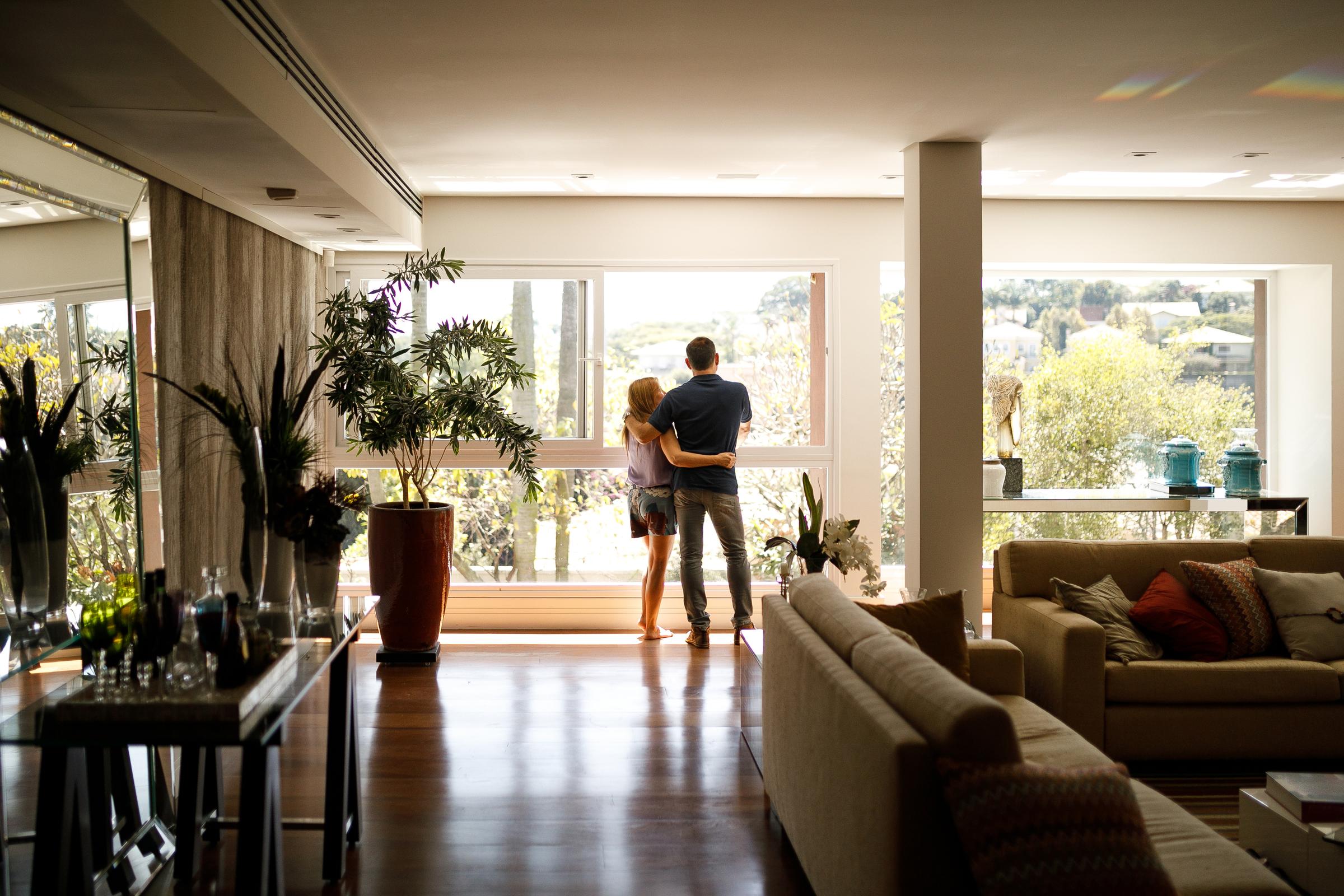Buying a property to rent out: what you need to know

In this guide
Do I need a buy to let mortgage?
When you buy a second home to rent out, you need to apply for a buy to let mortgage. Buy to let mortgages are a higher risk to lenders, which means:
- Lenders may charge higher interest rates and fees.
- You'll usually need to pay a higher deposit (typically at least 25%).
- Some lenders offer interest-only mortgages.
- The mortgage may not be regulated by the Financial Conduct Authority (FCA).
The amount you can borrow is also calculated differently to residential mortgages - which is generally based on your income. The amount you can borrow for a buy to let depends on the rental income you're expected to get from a tenant. The lender will want your rental income to be about 25% - 30% higher than your mortgage payment.
As the mortgage is not regulated, our mortgage advisors cannot give you advice on the most suitable mortgage.
How buy to let mortgages work
Gill wants to buy a house to rent out. The house costs £150,000. She has a deposit of £37,5000, so she needs a buy to let mortgage of £112,500 This means her LTV is 75%.
She plans to get a 20 year mortgage with an interest rate of 4.70%. Her monthly mortgage payments would be £724, which adds up to £8,688 per year. Gill expects to earn £900 each month from renting out the house. This adds up to £10,800 per year.
Her total investment would be the deposit plus the first year's mortgage payments:
£37,500+ £8,688 = £48,168.
Gill wants to work out her annual yield - this is the return on the property investment through rent.
She uses the calculation below:

The annual yield 7.2%, which would be considered a good gross rental yield. This helps her decide if buying a second property is financially worthwhile.
Do I need to meet certain lending criteria?
Lending criteria are the requirements you need to meet to qualify for a mortgage from a lender.
For example, we ask that you:
- Are over the age of 21
- Own no more than three buy to let homes
- Want to buy a home with an energy performance of E or above
- Have no more than four applicants on one mortgage
- Are looking to borrow up to 75% of the home's value
- Have a minimal rental income
Will I pay stamp duty?
Whether or not you pay stamp duty depends on where you live. In England you will pay an extra 3% of stamp duty on top of the normal rate, this is called a surcharge.
In Wales you will be charged Land Transaction Tax. You can visit Gov.Wales to work out how much you'll need to pay when you buy a second home.
Will I pay tax?
You'll need to pay tax on any profit you make on your buy to let. The amount you need to pay will depend on the rate of tax you pay.
Capital gains tax
You'll need to pay a percentage of your rental profits in capital gains tax (CGT). If you sell the property for profit you will also need to pay CGT.
|
Tax bracket |
Capital Gains Tax you will be charged on profits |
|---|---|
|
Basic tax rate payer |
18% of profits |
|
Higher or additional taxpayer |
28% of profits |
Income tax
The income you receive from rent will be taxable. The amount you will be taxed depends on your Income Tax Band.
Visit Gov.UK more information on paying tax.
What should I consider before getting a buy to let?
Before buying a rental property, you should fully understand your responsibilities as a landlord. Government websites are usually the best places to get up to speed.
When it comes to your finances, it's important to plan for situations that could impact your ability to keep up with mortgage payments. Things like:
- Periods when no rent is coming in.
- Costs for maintenance or repairs to the property.
- A drop in the property's value, meaning it's worth less than your mortgage.
Can I get a buy to let mortgage for a holiday home?
If you want to buy a home to use as a holiday let you will need to take out a holiday let mortgage. This is because the tenancy of a holiday let is either days or weeks, whereas a buy to let is for permanent residency. The HMRC also set certain rules for holiday lets which differ from buy to let.
- Mortgages
